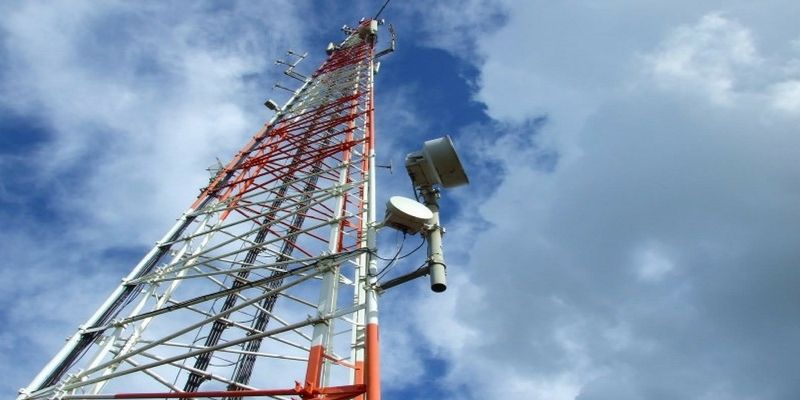Citizens can now check mobile tower radiation in their areas, thanks to this govt initiative
The Tarang Sanchar initiative was recently launched by the Indian telecom department. This is a distinguished web portal that essentially allows people to track the radiation levels emitted from the mobile towers in their area and also to see if the electromagnetic field emission complies with the actual norms.

According to NDTV, Union Telecom Minister Manoj Sinha, in an official statement, said,
By click of a button, information on the EMF compliance status of mobile towers can be accessed. Detailed information about any tower site, if requested, will be sent on email to the users. Additionally, any person can request for EMF emission measurement at a location by paying a nominal fee of Rs 4,000 online.
These examinations will be spearheaded by the local Telecom Enforcement Resource and Monitoring (TERM) field unit of the telecom department, and a detailed report of the results shall be sent over to the consumer who has requested for it. The objective of this initiative is to eliminate the fears people have about mobile tower radiations.
As per a report by The News Minute, the minister said,
Such radiation has no adverse impact on human health. During the last 30 years, the WHO has conducted some 25,000 campaigns on this subject, and has never stated that mobile tower radiation has adverse impact on human health.
The minister also stated that India is 10 times more particular and strict about these norms and compliances than the ones prescribed and approved by the international commission on non-ionising radiation protection and as recommended by the World Health Organisation (WHO).
Do you have an interesting story to share? Please write to us at [email protected]. To stay updated with more positive news, please connect with us on Facebook and Twitter.








![[The Turning Point] Need to upskill led couple to launch online learning platform for students and professionals](https://images.yourstory.com/cs/2/79900dd0d91311e8a16045a90309d734/turningpoint-800x400option1-1596174232912.png)


